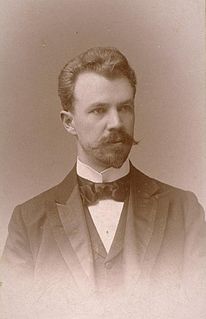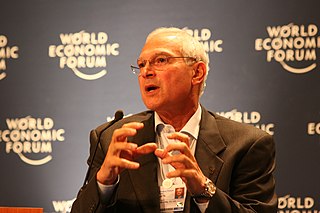A Quote by Michio Kaku
We are headed toward 'perfect capitalism,' when the laws of supply and demand become exact, because everyone knows everything about a product, service or customer. We will know precisely where the supply curve meets the demand curve, which will make the marketplace vastly more efficient.
Related Quotes
Four things have almost invariably followed the imposition of controls to keep prices below the level they would reach under supply and demand in a free market: (1) increased use of the product or service whose price is controlled, (2) Reduced supply of the same product or service, (3) quality deterioration, (4) black markets.
Mass production is only profitable if its rhythm can be maintained.. that is, if it can continue to sell its product in steady or increasing quantity. The result is that while, under the handicraft or small-unit system of production that was typical a century ago, demand created the supply, today supply must actively seek to create its corresponding demand.
You have to make a bet one way or another. We believe that overall demand is going to continue to grow, and its absolutely being fueled by the Internet. If anything, we're just building a little bit ahead of the curve. There's clearly a curve toward growth, and the question is 'How do you intercept that?' We've decided to intercept it as aggressively as possible.
One cannot buy, rent or hire more time. The supply of time is totally inelastic. No matter how high the demand, the supply will not go up. There is no price for it. Time is totally perishable and cannot be stored. Yesterday's time is gone forever, and will never come back. Time is always in short supply. There is no substitute for time. Everything requires time. All work takes place in, and uses up time. Yet most people take for granted this unique, irreplaceable and necessary resource.
Your business should be defined, not in terms of the product or service you offer, but in terms of what customer need your product or service fulfills. While products come and go, basic needs and customer groups stay around, i.e., the need for communication, the need for transportation, etc. What market need do you supply?





































